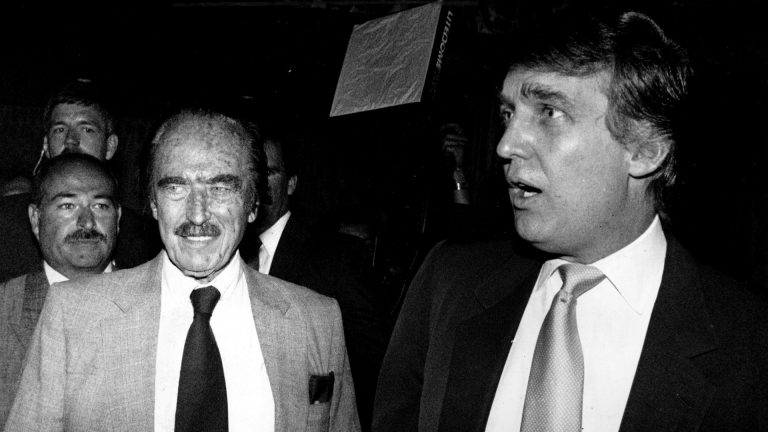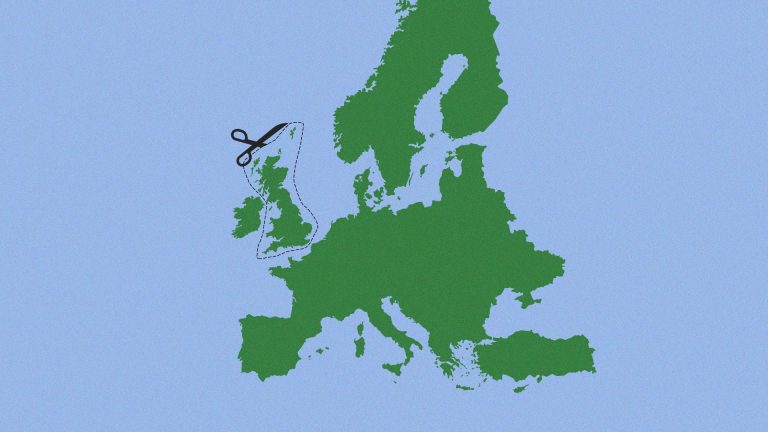
Twitter founder Jack Dorsey’s fondness for fasting is part of a wider vogue for asceticism among tech titans. Alexis Papazoglou explores the philosophy behind the trend.
One of the pivotal scenes of Plato’s dialogue Phaedo takes place in the cell where Socrates, Plato’s mentor, is being kept, hours before his execution by the ancient Athenian state. Gathered around him are his students, despondent at the prospect of their dear teacher’s imminent death. Socrates, however, seems in good spirit. He tries to console his students by saying that he welcomes his death – it will amount to the liberation of his soul from his body, which he portrays as a cage of sorts, always wanting things from us and causing us pain and discomfort of all sorts. The body is not an essential part of us, Socrates proposes, it is our soul which contains that which makes us what we are.
A similar story can be found in most religions. Matter is superficial and transitory, it’s the spirit/soul/mind that really matters.
In Christianity, this idea has all kinds of expressions: the downgrading of material pleasures as meaningless or even sinful; the suspicion that one’s material success is less than virtuous; the elevation of the afterlife to a higher form of existence than the currently embodied one; and the idealization of ascetic practices such as fasting and abstention from sexual physical contact.
In a radically different religion, Buddhism, one again encounters a scepticism towards the body and its materiality. Suffering has desire as its source, and what is the body if not a machine for the constant creation of desires. It’s hungry, it’s thirsty, in need of sexual gratification, in need of rest. And what is worse, once these desires are met, it only takes a few hours before they manifest their demands again, and the cycle of desire, discomfort, satisfaction is endlessly repeated, or at least until our death.
Finding traces of this ideology in the beliefs and practices of some of the materially richest people on the planet, then, is somewhat baffling.
A few years ago, immortality became an explicit goal of some grandees of California’s Silicon Valley – the Mecca of computer technology. The Platonic ideology of our body not being essential to our identity found its 21st century expression in the idea that perhaps one could upload the contents of their mind – the true self – onto a computer, thus extending one’s existence a long way beyond the confines of human biology. What are the contents of our mind other than information – our memories, our thoughts, our knowledge – the argument went, and information can be expressed in bytes, the unit of computer memory. With a powerful enough device, the entire contents of a human’s mind could be stored safely in a new vessel less prone to disease and decay than the conventional one – the human body.
This idea is outlandish as it sounds, and is espoused only by a few equally outlandish individuals such as Elon Musk, CEO of Tesla, the company trying to put humans on Mars. For those desiring immortality, but who also wanted an approach that has some degree of grounding in evidence, fasting became an alternative.
Experiments have indeed revealed that food restriction in mice is correlated with longer life expectancy. The reduction of food intake, it turns out, has a time-dilation effect. Not quite immortality, then, but the prolonging of life far beyond the levels currently thought possible. So, fasting, an age-old religious practice, is being adopted by tech gurus who, having made enough money by hacking computer processes, are now out to hack their own bodies’ aging processes.
One of the practitioners of fasting is the CEO of one of Silicon Valley’s most successful and influential companies: Twitter. In a tweet this past January, Jack Dorsey wrote: ‘Been playing with fasting for some time. I do a 22 hour fast daily (dinner only, and recently did a 3-day water fast. Biggest thing I notice is how much time slows down. The day feels so much longer when not broken up by breakfast/lunch/dinner. Any one else have this experience?’
Some research on the trend of fasting amongst Silicon Valley CEOs reveals that many of those who are currently engaging in it are not doing so for the purposes of achieving immortality. The reason why they deny themselves food for hours, and sometimes days, at a time, seems a lot less grandiose.
Fasting helps them with productivity at work. Some say it increases their focus, others talk about higher energy levels, and Dorsey’s tweet mentions the perception of time slowing down as the greatest benefit. On the face of it, then, fasting is merely the latest form of self-improvement for technology tycoons, much like meditating, another Buddhist practice beloved by California’s residents.
The 19th century German philosopher Friedrich Nietzsche, however, was highly suspicious of ascetic practices. Despite acknowledging the many benefits asceticism can have – if you’re an artist, apparently, Nietzsche thought abstention from sex is a good way of increasing your creativity – he believed there was a dark, underlying moral meaning to the ascetic ideal. Nietzsche believed that human life involves a lot of suffering. This was one of the lessons he kept from a philosopher he admired earlier his early life, Schopenhauer, who in turn had sourced this grim philosophical outlook from Buddhism.
But instead of handing out advice about how to overcome suffering, Nietzsche simply delved deeper into the diagnosis side of the human condition. He observed that humans can in fact sustain a lot of suffering, as long as they can attribute some meaning to it. The role of religious leaders – the ascetic priests, as Nietzsche calls them – is to do exactly that, give meaning to the suffering of humans. But instead of focussing on, say, the political and social structures responsible for much of human suffering over the centuries, the priests did something truly terrible, according to Nietzsche, they gave human suffering an unsavoury meaning: It’s all our own fault.
In the third section of his book On the Genealogy of Morality entitled ‘The Meaning of the Ascetic Ideal’ Nietzsche writes the following:
”I am suffering: for this someone must be to blame’ – thus every diseased sheep thinks. But his shepherd, the ascetic priest, says to him: ‘That’s right, my sheep! Someone must be to blame for it: but you yourself are this someone, you alone are to blame for it – you alone are to blame for yourself!”
It’s our inability to live a virtuous life, our self-indulgence, our uncontrolled desires, our inability for self-discipline, for self-denial, that are responsible for our suffering. In other words, our failure to live up to the ascetic ideal of religion is the cause of our suffering, claims the ascetic priest.
Believing that it is ourselves who are to blame for our ills, in turn, becomes its own source of a different kind of suffering: self-resentment.
Nietzsche’s diagnosis of the dark underbelly of ascetic ideals, such as fasting, might seem irrelevant to the Silicon Valley version of the ascetic lifestyle. After all, these CEOs are only doing it for their own benefit, for personal enhancement.
But scratch below the surface, and Nietzsche’s suspicion about such practices become manifest. The clue is in the fact that fasting is presented by these tech CEOs as an antidote to ills that their own technology inventions have created in the first place. Nietzsche says of the ascetic priest: ‘He brings along ointments and balm, no doubt; but he first needs to wound in order to be a physician.’
The loss of focus, a feeling of time speeding up by being constantly distracted by incoming e-mails and news updates, and a loss of productivity by hours spent browsing social media. These are all ills that Silicon Valley’s technological creations have brought upon us, and we’re only just becoming aware of them.
The concept of the ‘attention economy’ – the fact that companies like Facebook, Twitter, Netflix, Google, essentially monetise our attention by trying to keep us on their websites for as long as possible – is only a few years old. New studies are constantly surfacing showing the damage done to our mental health by time spent on social media, rather than on physical human interaction.
For those addicted to social media, their effect can be the warping of time, according to a different study. But who hasn’t felt time slipping by when on the internet for what feels like just a few minutes, but turns out to be much longer?
Instead of owning up to the effect the technologies they have created are having on our lives, by appealing to an ascetic lifestyle as a better way to live, Silicon Valley shifts the blame from itself to the individual: If you feel distracted, tired, lacking focus, falling behind on work, it’s probably your fault; have you tried fasting?
Our understanding of the human is a long way from Socrates’ claim that the body is a cage for our true self, the mind. We are essentially embodied beings, and our minds and identities intricately linked to our bodies. But even though fasting advocates recognise that how often you eat can alter your mental life, they continue to espouse the ideology of mind-body dualism by downgrading the needs of the latter in favour of the former. Worse, this degradation of the physical keeps alive the idea that our suffering is our fault, the result of giving in to our bodily desires. Not that it can’t be, but pay attention to who’s suggesting it is – they might be the actual culprit.
• Alexis Papazoglou writes on philosophy, politics and current affairs. He previously taught philosophy at the University of Cambridge and Royal Holloway, University of London








